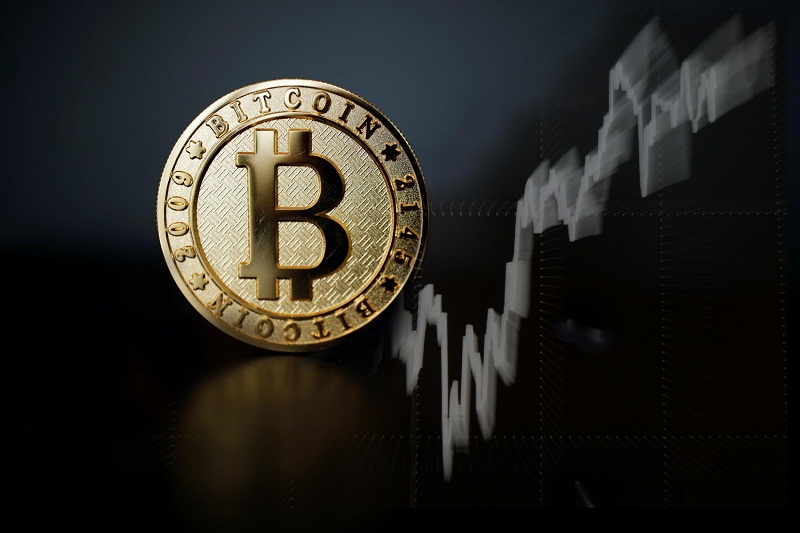
Invoking Aristotle, Max Keiser printed articles quarrelling that Bitcoin comes with an intrinsic value in the privacy.[1] Based on it, Bitcoin versus Aristotelian intrinsic value is really a match.
Bitcoin Versus Aristotelian Intrinsic Value: A Mismatch
In Aristotle’s work, intrinsic value specifies any value an item has individually to be money. So its intrinsic value is a result of its helpful qualities like a commodity (instead of as money). However, Bitcoin is helpful only as money. Then, apparently Max Keiser’s argument could be wrong. Because of not being helpful like a commodity, Bitcoin doesn’t have intrinsic value.
Bitcoin Versus Aristotelian Intrinsic Value: A Match
However, there’s a scenario by which all money turns into a commodity. That scenario is its exchange for any different type of money. Whenever bought or offered, money turns into a commodity.
Transacting Versus Transacted Money
For all of us to purchase or sell a financial object, that object must remain its mere chance of being money: actual money are only able to take part in the active role — because the buying object — in almost any transaction, rather than its passive role — because the bought or offered object. It should be only possible ways to play this last role. Then, because money always belongs in both a real or simply possible transaction, we have to refer to it as when actual or active, transacting money, so when just possible or passive, transacted money.
As thus, whenever transacted, money turns into a commodity.
In order actual, transacting money, Bitcoin doesn’t have intrinsic value. However, as just possible, transacted money, it will come with an intrinsic value. It is because, whenever bought or offered, Bitcoin’s intrinsic financial qualities become its commodity qualities.
By removing this intermediary from the formula, a variety of benefits with regards to recommended deal charges, handling times and crypto gambling on how much and to whom a deal can be made can be disregarded.
Therefore, if Bitcoin grew to become the only real currency around the globe, its intrinsic value would vanish. Without any other currency to purchase it as well as for which to market itself, Bitcoin no more might be a commodity. It just might be actual money. Bitcoin’s intrinsic value depends upon its having the ability to contend with other currencies (like a transacted, bought or offered commodity).
Privacy as Bitcoin’s Intrinsic Value
Still, privacy doesn’t itself constitute an important worth of Bitcoin:
There’s a noticeable difference between transaction privacy and public-key privacy.
There’s a noticeable difference between exchange value based on and being itself whichever utilities or qualities.
The privacy of Bitcoin transactions depends upon Bitcoin’s public-key privacy, which is among its qualities. Likewise, its intrinsic value possibly depends upon its allowing transaction privacy, which is among its utilities. Public-key privacy, by looking into making transaction privacy possible, enables us to provide Bitcoin its intrinsic value like a bought or offered commodity (for instance, in Bitcoin exchanges). Intrinsic value may be the exchange worth of utilities caused by intrinsic qualities.
Finally, Bitcoin has other qualities than public-key privacy, like its ubiquity and security — both unknown to Aristotle. Individuals qualities also make Bitcoin helpful, despite in different ways. For the reason that of such utilities — as opposed to just due to transaction privacy — that people can provide Bitcoin its financial value.
